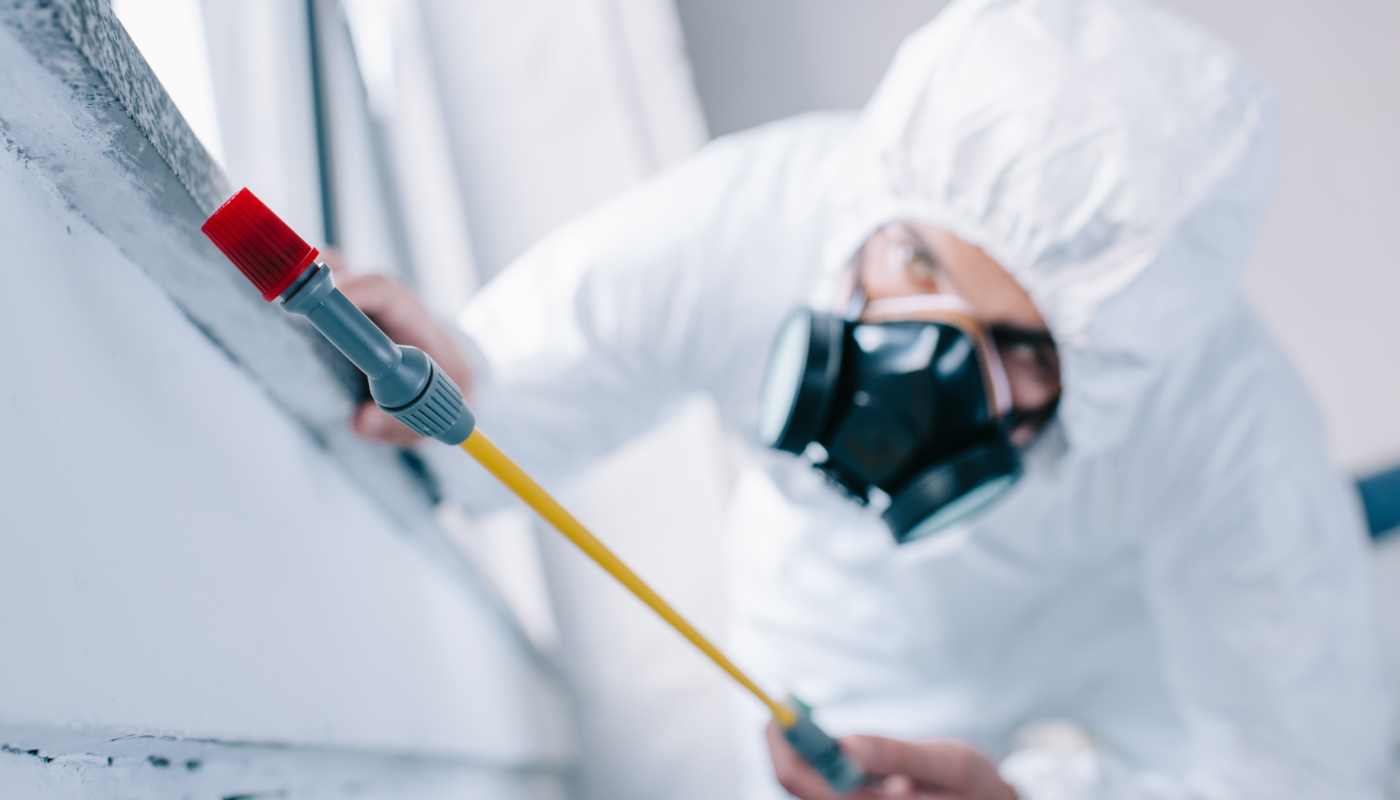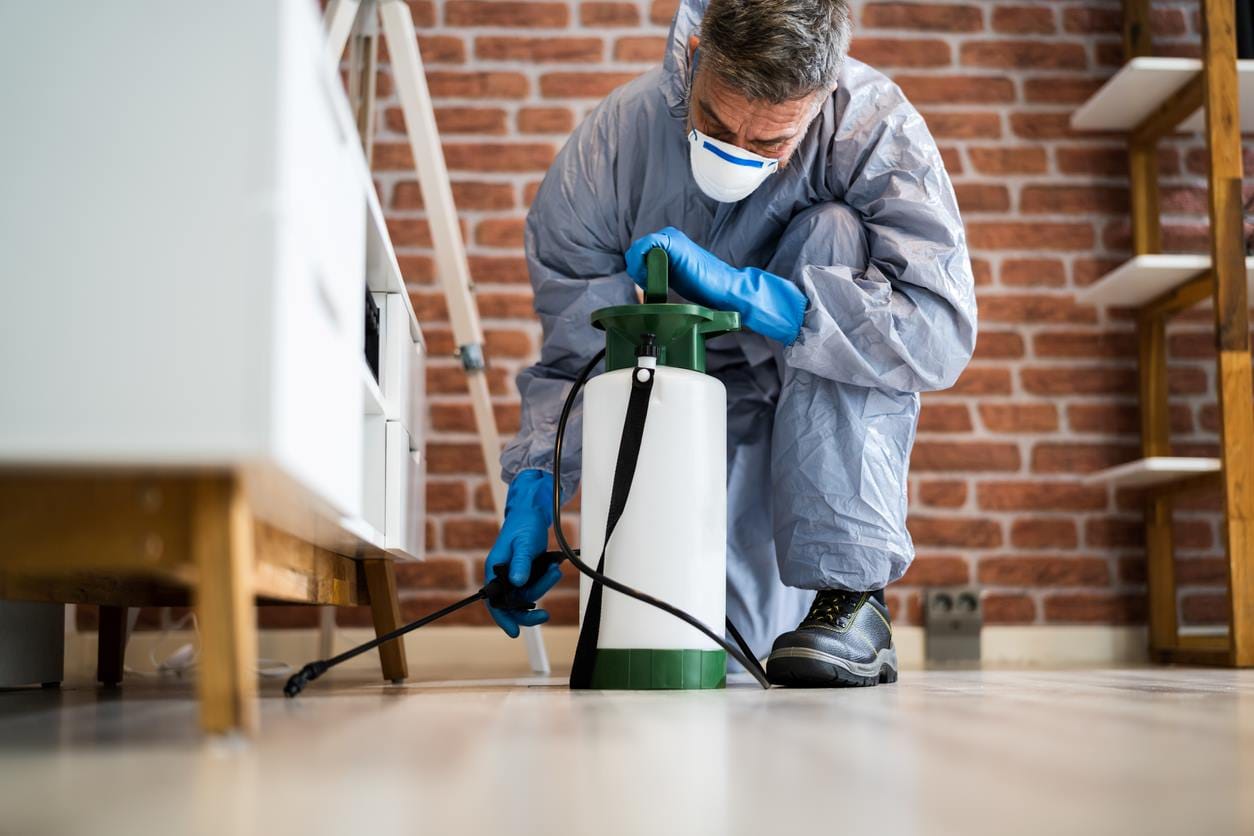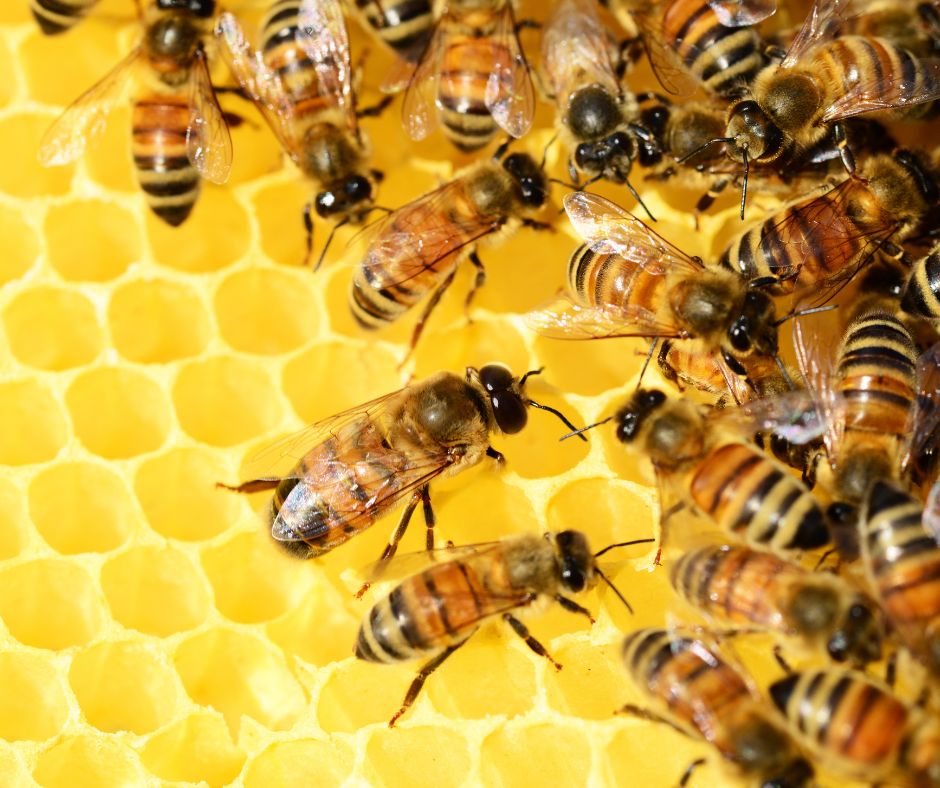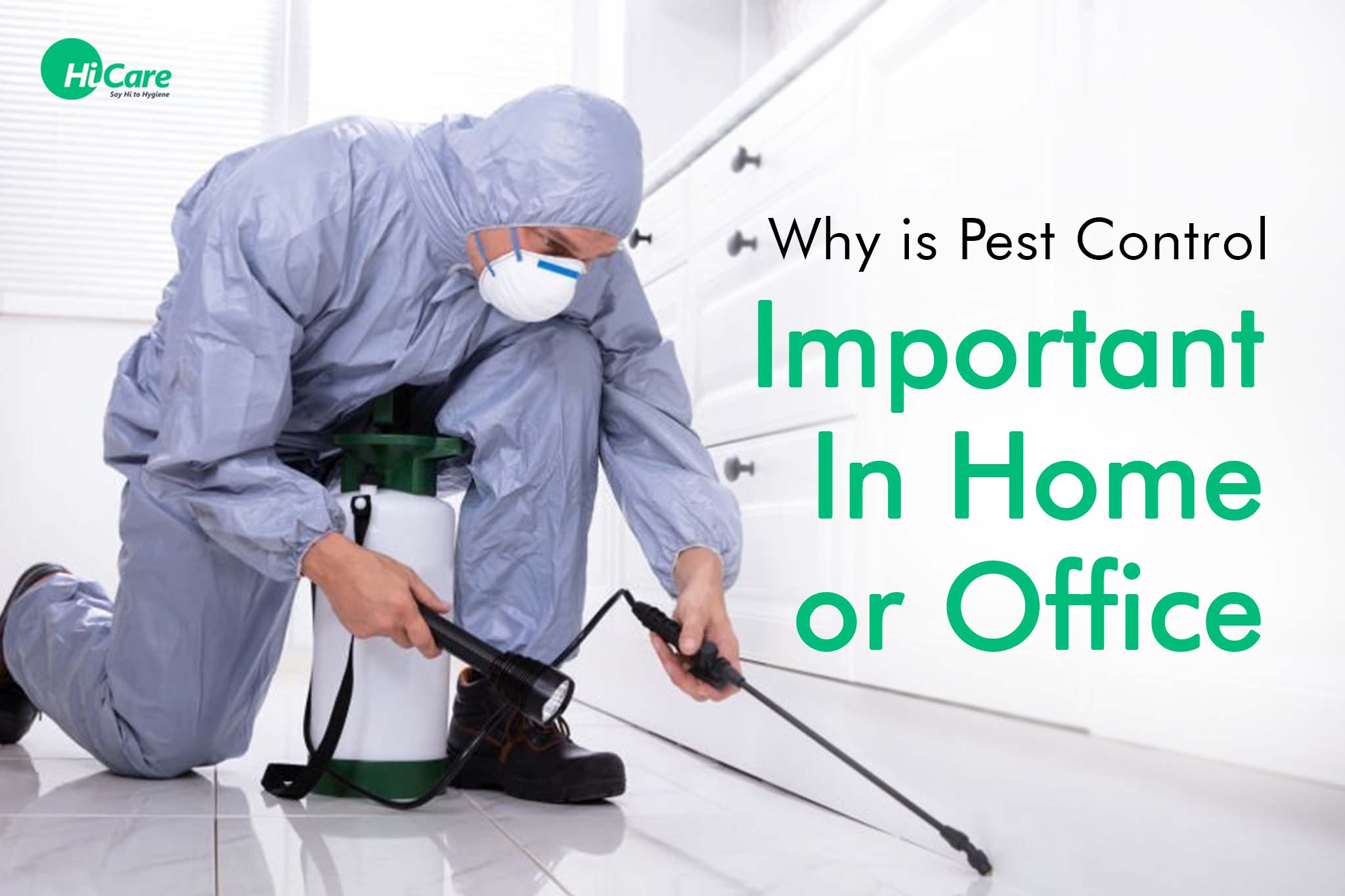Uncover the Importance of Parasite Control in Preserving a Healthy Setting and Treatment Techniques

The Role of Pests in Ecosystems
Insects, typically seen entirely as annoyances, play a diverse role in ecosystems that is essential for preserving environmental balance. They contribute dramatically to different environmental procedures, consisting of pollination, vitamins and mineral biking, and bug control. Many insect types, such as and butterflies, are important pollinators for a vast variety of plants, which in turn sustains biodiversity and food manufacturing.
Furthermore, pests offer as prey for countless predators, producing a crucial link in food webs. This interdependence makes certain the survival of numerous varieties and helps regulate populations within ecological communities (Termite treatment Port Charlotte). Furthermore, decomposer pests, such as specific beetles and fungis, are crucial in breaking down raw material, therefore enhancing soil and helping with nutrient recycling.
Conversely, while bugs can be useful, their overpopulation or intrusion into non-native environments might interfere with these ecological features. This complexity underscores the relevance of understanding pest characteristics, as reliable pest management techniques need to take into consideration both their environmental functions and possible impacts on human activities. Stabilizing pest visibility while reducing injury is important for protecting the stability of ecological communities and guaranteeing agricultural efficiency.
Health And Wellness Dangers Connected With Pests
The visibility of parasites in numerous settings expands past their ecological duties, as they additionally present considerable wellness risks to people and animals. Numerous insects, consisting of rats, parasites, and bugs, are service providers of conditions that can have severe health and wellness ramifications. Rodents are understood to send hantavirus and leptospirosis, both of which can lead to severe breathing and kidney issues, respectively.
Pests such as ticks and insects are infamous for spreading vector-borne diseases like malaria, dengue high temperature, and Lyme illness. These diseases can cause high morbidity and mortality rates, specifically in susceptible populations. Additionally, insects like cockroaches and vermins can worsen allergies and bronchial asthma, adding to respiratory problems in individuals, especially those with pre-existing problems.
Additionally, the visibility of bugs can lead to mental anxiety and discomfort, impacting overall health. Contamination of food and surfaces by bug droppings and continues to be can lead to foodborne illnesses, highlighting the significance of preserving sanitary conditions. Comprehending the health and wellness dangers linked with bugs is crucial in acknowledging the need of efficient insect administration strategies to guard human and animal health.

Benefits of Effective Parasite Control
Efficient insect control is necessary for preserving a safe and healthy atmosphere, as it continually mitigates the many risks connected with pest infestations. One of the primary benefits of effective insect monitoring is the reduction of health threats.
Additionally, effective parasite control safeguards residential property and structures from damages. Many bugs, like termites and woodworker ants, can create extensive structural damages that might call for costly repair services. By proactively managing these invasions, house owners and services can shield their financial investments.
Another substantial advantage is the renovation of general quality of life. A pest-free setting contributes to mental health and check over here lowers tension associated with infestations. Reliable pest control fosters a more secure atmosphere for children and family pets, ensuring that homes continue to be refuges complimentary from disease-causing organisms and harmful chemicals.
Typical Pest Control Techniques

In the world of insect monitoring, numerous methods are employed to fight infestations effectively. These techniques can be generally classified into three major methods: social, mechanical, and chemical controls.
Cultural control involves customizing methods to minimize bug reproduction, survival, and establishment. This might include crop rotation, appropriate hygiene, and habitat manipulation, which jointly create a setting much less for pest proliferation.
Mechanical control utilizes physical methods to remove bugs (Termite treatment Port Charlotte). Methods such as vacuums, catches, and barriers are generally utilized to straight get rid of insects from a location. This method is especially efficient for taking care of rats and bugs without the usage of unsafe chemicals
Chemical control includes the application of chemicals to take care of parasites. These substances can be classified into insecticides, herbicides, and fungicides, each targeting specific types of parasites. It is critical to make use of these chemicals carefully, adhering to safety guidelines look at this site and policies to minimize prospective damage to non-target varieties and the atmosphere.
Each insect control strategy has its constraints and benefits, and frequently, an integrated technique integrating next page multiple methods yields the very best lead to maintaining a pest-free environment.
Lasting Pest Monitoring Practices
Lasting parasite management practices incorporate a variety of strategies created to minimize environmental influence while efficiently regulating pest populaces. These practices prioritize using environmentally friendly approaches over chemical pesticides, thus lowering the threat of injury to non-target species, including valuable insects, wildlife, and people.
Integrated Pest Administration (IPM) is a cornerstone of sustainable methods, integrating organic, social, mechanical, and chemical tactics to handle insects. Organic control involves introducing all-natural killers or bloodsuckers to reduce pest populaces. Cultural practices, such as crop rotation and polyculture, interfere with pest life process and enhance ecological community strength.
Mechanical techniques, such as traps or barriers, can properly protect against parasite access without chemical treatment. In addition, keeping healthy ecological communities with appropriate soil management, plant health, and biodiversity can normally alleviate parasite issues.
Education and learning and understanding are vital elements, empowering individuals and communities to identify bug dangers early and carry out safety nets. Termite treatment Port Charlotte. By fostering a holistic technique that balances pest control with environmental integrity, sustainable bug monitoring methods not only shield crops and structures but likewise add to a much healthier setting for future generations
Verdict

Understanding the wellness threats connected with pests is important in identifying the necessity of effective parasite monitoring methods to protect human and animal health and wellness.
Effective parasite control is important for keeping a healthy and balanced and safe atmosphere, as it regularly minimizes the numerous threats linked with parasite infestations.Integrated Bug Management (IPM) is a cornerstone of lasting techniques, integrating organic, cultural, mechanical, and chemical tactics to handle parasites. By recognizing the function of bugs, recognizing associated wellness dangers, and employing diverse therapy techniques, a sustainable approach to pest administration can be attained. Integrated Parasite Monitoring (IPM) stresses a holistic approach that minimizes damage to useful microorganisms while properly controlling parasite populaces.
Comments on “Wildlife Removal Services in Port Charlotte for Humane and Professional Solutions”